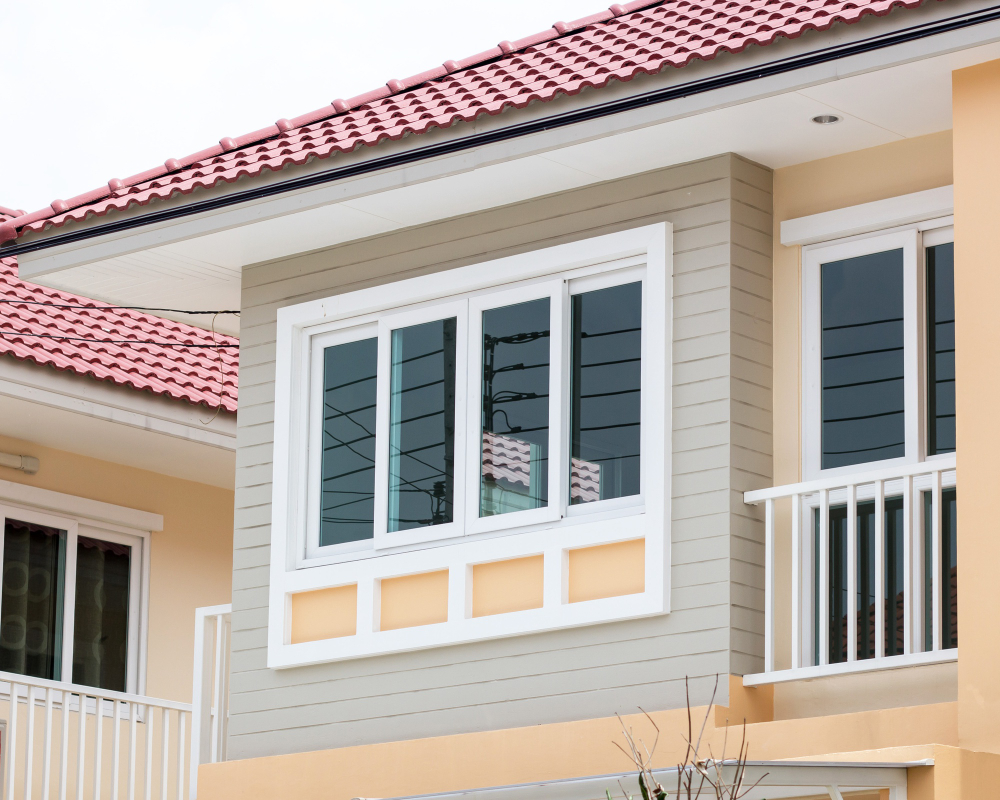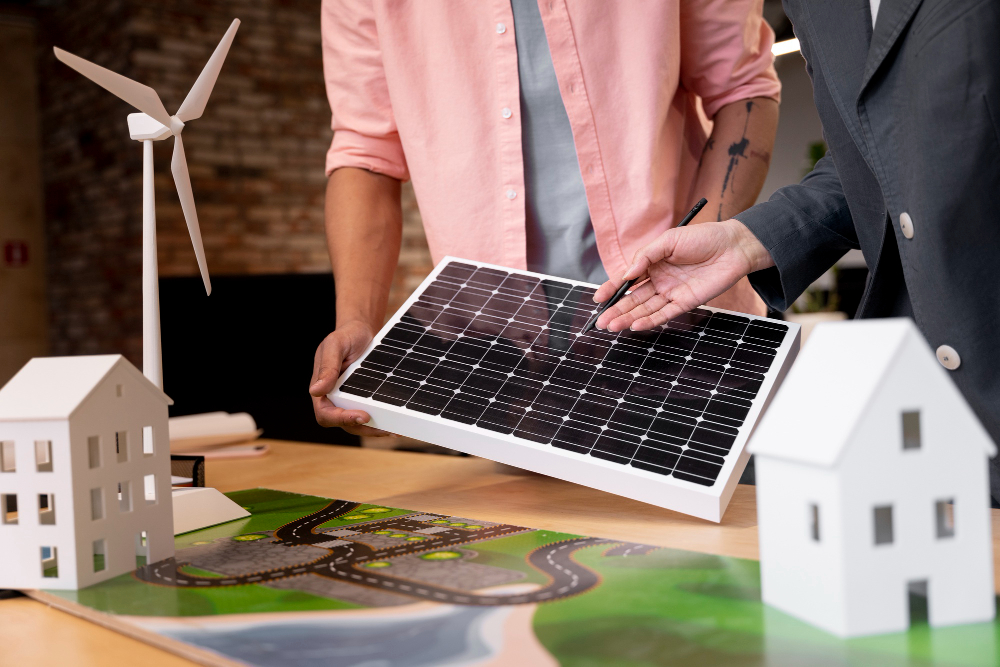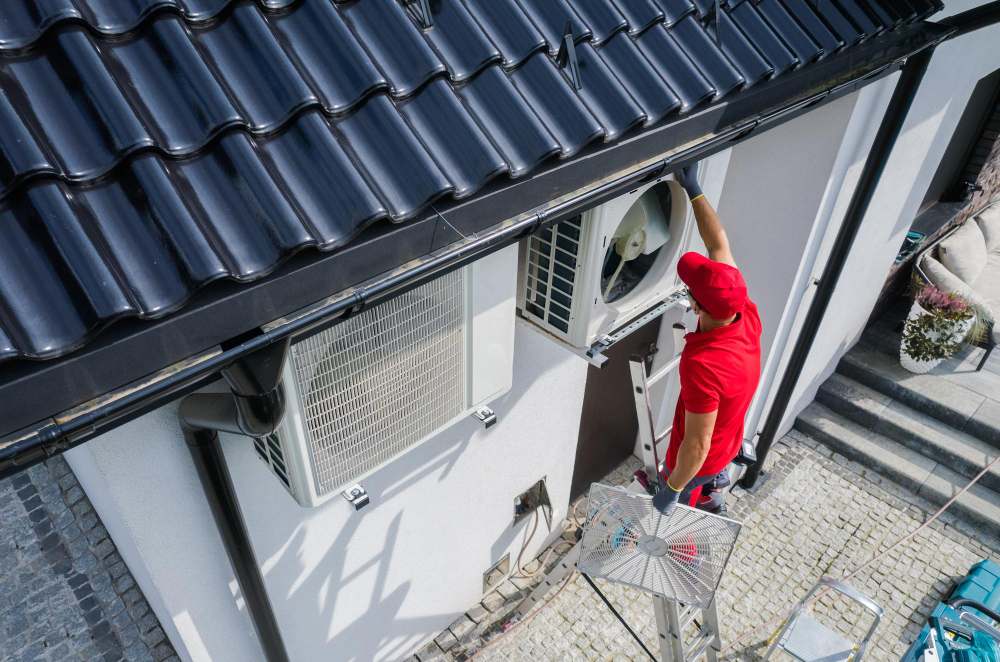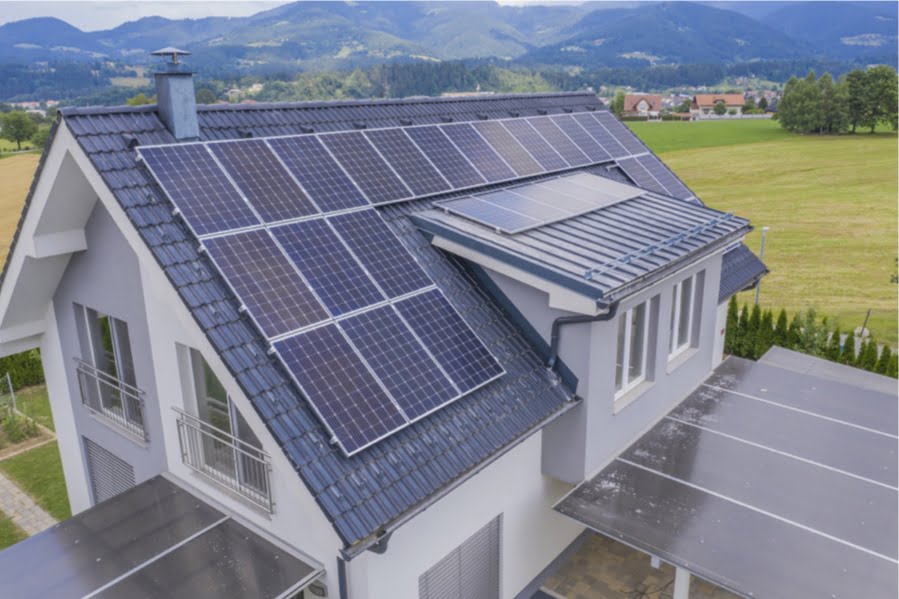Last updated on
Energy consumption has become an integral part of our daily lives. From powering our homes to fueling our vehicles, energy plays a pivotal role. However, with the rising energy costs, it has become crucial to adopt smart strategies to keep our energy bills under control.
Fortunately, various approaches and techniques can help individuals and families manage their energy usage effectively. In this article, we will explore some distinct strategies, each with its unique approach, to empower you with the knowledge needed to make informed decisions and maintain an energy-efficient lifestyle.
Embracing Energy-efficient Appliances
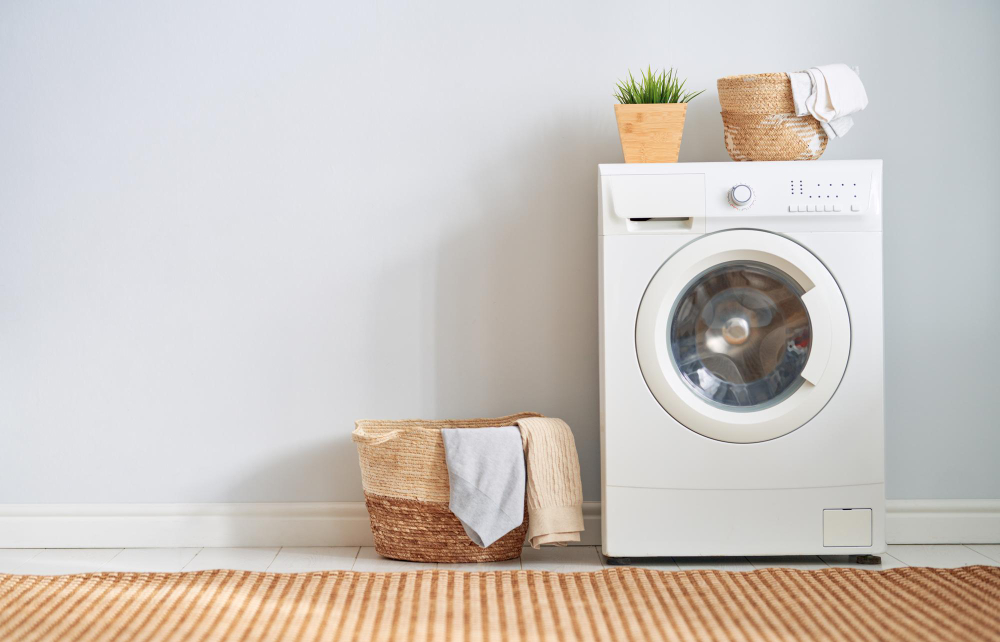
One of the most effective strategies for curbing energy bills is investing in energy-efficient appliances. Traditional appliances often consume significant amounts of energy, leading to inflated utility bills. By opting for Energy Star-rated appliances, consumers can substantially reduce their energy consumption.
These appliances are designed to operate optimally while using minimal energy, thus saving you money in the long run. From refrigerators to washing machines, modern energy-efficient appliances not only help conserve energy but also contribute to a healthier environment by reducing greenhouse gas emissions.
Moreover, it is essential to conduct regular maintenance of these appliances to ensure they operate efficiently. Simple tasks such as cleaning filters, checking seals, and calibrating thermostats can significantly enhance the performance of your appliances, further lowering energy consumption and utility costs.
Harnessing the Power of Renewable Energy Sources
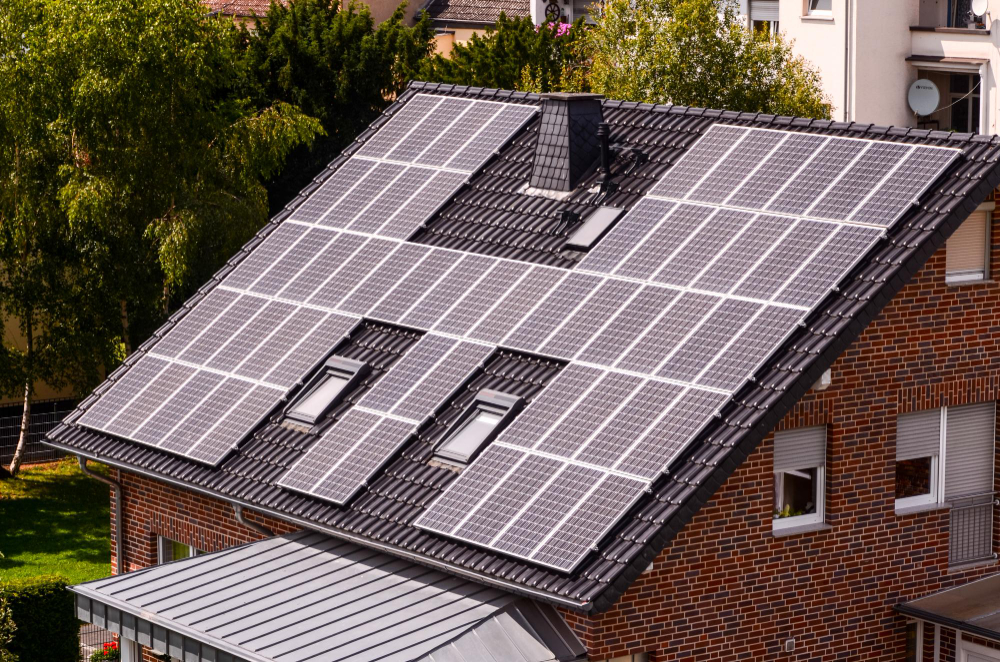
Incorporating renewable energy sources into your home infrastructure is another innovative approach to managing energy bills. Solar panels, wind turbines, and geothermal systems are excellent alternatives to traditional grid electricity.
Solar panels, for instance, harness the abundant energy from the sun and convert it into electricity, significantly reducing reliance on the grid. While the initial investment may seem substantial, the long-term savings are remarkable.
Many governments and organizations also offer incentives and tax credits to promote the adoption of renewable energy technologies, making it more financially viable for homeowners.
Implementing Smart Home Automation

The emergence of smart home automation has revolutionized the way we manage energy consumption. Smart thermostats, lighting systems, and home appliances can be controlled remotely, allowing homeowners to monitor and adjust their energy usage in real-time.
These devices are equipped with sensors and algorithms that analyze your usage patterns and optimize energy consumption accordingly. For example, smart thermostats can learn your daily routines and adjust the temperature settings, ensuring heating or cooling is only active when needed.
Similarly, smart lighting systems can be programmed to turn off lights in unoccupied rooms, preventing unnecessary energy wastage. Moreover, integrating smart home devices with renewable energy sources and energy-efficient appliances creates a comprehensive and sustainable energy management system.
Addressing the Lack of HVAC Maintenance
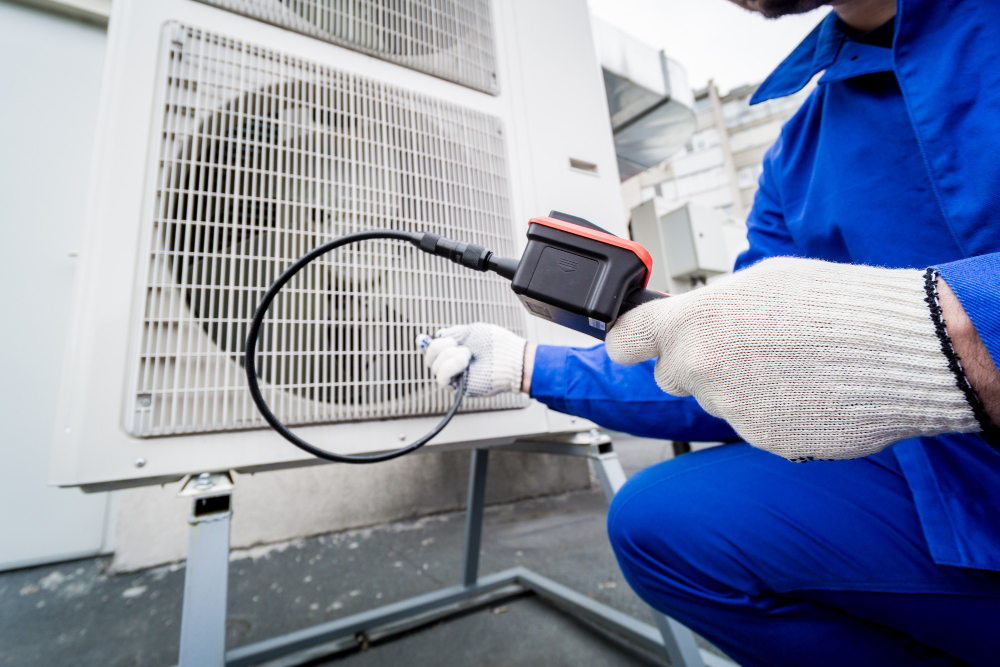
Amidst the array of strategies available to manage energy bills, overlooking HVAC (heating, ventilation, and air conditioning) maintenance can lead to substantial financial setbacks. As noted in an article titled Why Is My Electric Bill So High regular maintenance of HVAC systems is often underestimated but plays a pivotal role in energy efficiency.
Dust accumulation, clogged filters, or malfunctioning components can cause HVAC systems to work harder, consuming more energy than necessary. This increased energy usage not only raises utility bills but also accelerates wear and tear on the system, leading to costly repairs or replacements.
Simple tasks like cleaning or replacing filters, checking for leaks, and scheduling annual professional inspections can ensure your HVAC system operates at its peak efficiency.
Mindful Living: Cultivating Energy-conscious Habits
While technological solutions play a crucial role in managing energy bills, the significance of individual habits cannot be overstated. Cultivating energy-conscious habits within households can lead to substantial savings.
Simple actions such as turning off lights when leaving a room, unplugging electronic devices, and adjusting thermostats appropriately can significantly reduce energy consumption. Encouraging family members to be mindful of their energy usage fosters a culture of conservation, ensuring that everyone contributes to the collective effort of keeping energy bills under control.
Energy Audits: The Pathway to Informed Decision-making
Conducting a comprehensive energy audit of your home can provide valuable insights into your energy usage patterns and areas where improvements can be made. Professional energy auditors assess various aspects of your home, from insulation levels to appliance efficiency, pinpointing areas that contribute to energy wastage.
Armed with this information, homeowners can make informed decisions about implementing energy-efficient upgrades. Energy audits often uncover hidden sources of energy loss, enabling targeted solutions that maximize energy savings. Many utility companies offer subsidized or free energy audit programs, making it accessible for homeowners to benefit from this service.
Community Engagement: Empowering Collective Change
Beyond individual efforts, community engagement plays a vital role in the collective endeavor to manage energy bills. Community-based initiatives, such as neighborhood energy-saving challenges or workshops, create a sense of camaraderie and shared responsibility.
By collaborating with neighbors and local organizations, communities can leverage group purchasing power to invest in renewable energy solutions, making them more affordable for everyone involved.
Furthermore, lobbying for policy changes at the local and national levels can result in incentives for energy-efficient practices and renewable energy adoption. Active participation in community discussions and initiatives not only strengthens social bonds but also empowers communities to create a sustainable and energy-efficient future for all.
Through collective action, communities can inspire widespread change, setting an example for others and fostering a sense of pride in contributing to a greener, more energy-conscious society.
In the pursuit of keeping energy bills under control, adopting a harmonious approach that integrates various strategies is key. From investing in energy-efficient appliances and renewable energy sources to embracing smart home automation and conducting regular maintenance, each aspect contributes significantly to energy savings.
Coupled with energy-conscious habits, informed decision-making through energy audits, and community engagement, individuals can create a ripple effect of positive change. By understanding the interconnectedness of these strategies and recognizing the impact of collective efforts, we pave the way for a future where energy is conserved, costs are minimized, and communities thrive sustainably.
Let us continue to explore innovative solutions, cultivate mindful habits, and engage with our communities, working hand in hand to create a world where energy bills are manageable, resources are preserved, and the environment flourishes for generations to come.
Related reading:
Table of Contents
